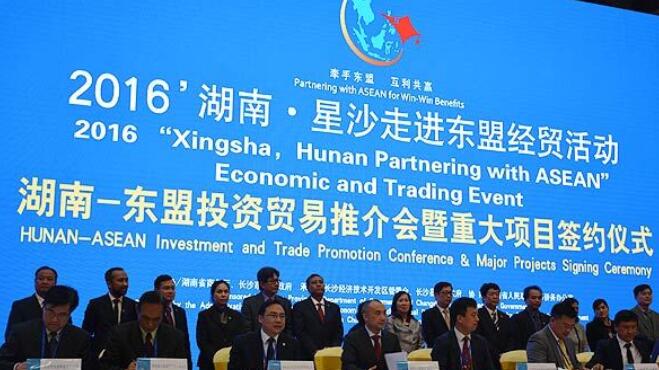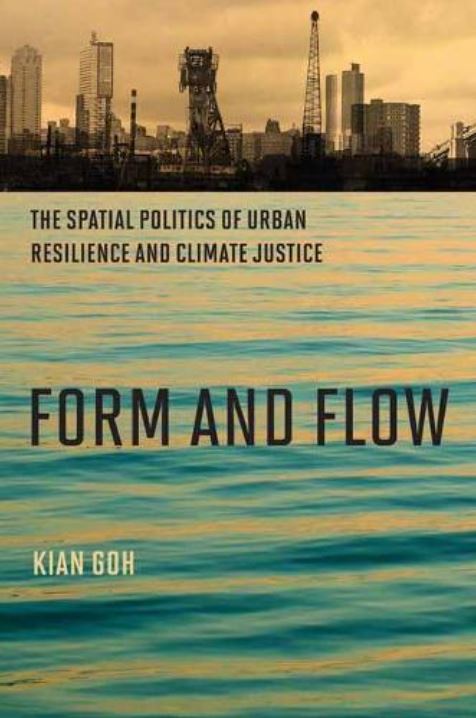Is it possible to reconcile the economic impetus towards a more sustainably powered economy with the equally important requirement for the protection of richly biodiverse, socio-natural communities? Can sustainable energy transition be just? Andrea Pia and Cla Ruzol reflect on a workshop to discuss Chinese-led sustainable energy interventions for Southeast Asia.
_______________________________________________
The collaborative workshop “Justice after Carbon”, held online 10th of November 2022, was the second step in a scoping study organised by Dr Andrea E. Pia (LSE Anthropology), part of his ongoing investigation of the growing role of Chinese hydropower in the sustainable transition occurring across Southeast Asia. The networking event brought together concerned academics, sustainable energy practitioners, journalists, and indigenous activists to share insights about and debate the promises and perils of Chinese-led sustainable energy interventions for the SEA countries.
As a prompt for the discussion, participants were asked to consult the open-access platform The People’s Map of Global China and to reflect on the following questions: what is the fate of riverine communities across Southeast Asia as water development projects displace and dispossess them? Is it possible to reconcile the economic impetus towards a more sustainably powered economy with the equally important requirement for the protection of richly biodiverse, socio-natural communities? Can sustainable energy transition be just? In turn, each participant endeavoured to address, with their individual presentations, the voices and desires of local communities affected by these ecologically altering water development schemes.
Andrea Pia introduced the workshop’s environmental justice framing by arguing that the People’s Republic of China maintains both a geographical and an engineering advantage over SEAC countries in matters of water development. As three of the region’s most important water sources originate from the Tibetan Plateau, China has been relatively free to cultivate its position as an “upstream superpower” without too much opposition. This position entails growing political and technological influence over downstream governments. However, while critics have focused on China’s growing green authoritarianism (where environmentally sensitive decisions are imposed rather than agreed upon) and energy extraction (hydropower produced locally is shipped abroad), Pia underscored the undetermined nature of dam politics. As sustainable fixes to a carbon-intensive global economy, Dams produce locally as much uncertainty as they help resolve globally. Activism and tensions between nations can certainly halt or take dams down, but they can never take them back, as hydraulic projects irreversibly alter local ecologies and economies. This has huge social justice implications and opens the way for climate activists’ tactics that could engage hydropower companies, central state institutions, and the wider population with demands of reparations and repair that bring forth questions of liveability within sustainable transitions.
The second speaker, Professor Jia Shaofeng, advanced the view from Chinese water sciences, suggesting that hydraulic projects, not just hydropower, have a long tradition of humanitarianism in China. This tradition looks at dams not only as clean energy solutions but as key dispositif in the formation of socio-natural communities at the basin scale. In this view, the Mekong River brings China and SEA countries into a community of shared purposes which should guide individual nations towards a mutually beneficial middle ground between the over- and underdevelopment of water sources. Jia concluded by offering the Confucian saying ‘no overdone and no undone’ (⽆过⽽⽆不及) as the golden rule for Chinese hydropower abroad.
The third speaker, the Karen activist Saw John Bright, pointed out how talks of peaceful international cooperation in the SEA region often mask the role played by the military and military juntas in controlling project sites and quashing local resistance. A case in point is the Nujiang/Salween River development within the Karen State, which sees Chinese hydropower companies working in concert with the Thai and Myanmar governments to secure access to dam sites. This is pursued at the greatest disadvantage of the Karen people, organised behind the Karen Environmental and Social Action Network. In fact, this network pursues parallel projects of micro-hydropower development, which, Bright argues, could conjoin ecological integrity with political autonomy and the enrichment of local livelihoods.
A similar point was made by another speaker, the Thai civil society practitioner Teerapong Ponum, founder of the Mekong Community Institute. The Mekong/Lancang river is already heavily dammed, with 12 dams currently in operation and 16 more at various stages of development. In the Upper Mekong region, the environmental impact of overbuilding has been so massive that for the first time in living memory, the waters of the Mekong “turned blue”. The missing sediment in the Mekong increased waterlogging and land subsidence and killed off entire species of fish, destroying local people’s livelihoods. Reflecting on the challenge represented by fighting against not just one, but a cascade of dams which spans national boundaries and are overseen by at least 14 different international cooperation bodies, Teerapong concluded that today’s riverine activism needs to connect the fights of the most affected communities with that wider milieu of people, including urbanites, whose lives are shaped by the growing bureaucratisation of nature.
Studying these very processes of bureaucratisation from the inside, the LSE Anthropology PhD student Cla Ruzol noticed that, while researching the Metropolitan Waterworks and Sewerage System Corporate Office in Manila, which is tasked with bringing new sources of potable water to the capital region, office workers were struck by the arbitrariness in the implementation of a China-financed hydro-infrastructure project. The indigenous people of the Sierra Madre mountain range, the longest remaining intact rainforests in the Philippines, were many times interpellated by the Manila office to give consent for a dam project whose technical features, environmental impacts, and financial mechanisms have been uncertain, ambiguous, and kept on changing. The consultation process employed coercion and concession and appeared tokenistic while enabling further disputes among indigenous communities in the affected areas. In other words, it offloaded the issues of finding consent onto indigenous peoples, sowing discord, not unity.
The investigative journalist Yu Pei-Hua insisted on the point that Chinese hydropower needs to be put into the broader contexts of China’s resource investment strategy, part and parcel of the “Belt and Road” Initiative (一带一路). It is through the lenses of the foreign trade agreements undersigned in the context of this investment strategy that one could reclaim the political agency of receiving countries, such as those of the Philippines and other countries in the SEA region. On the one hand, these countries may often be seen as “climate troublemakers” China is committed to helping in exchange for access to domestic natural resources. On the other hand, China should also be treated as a multiple, not a monolithic, entity. The energy transition in SEA is considerably reshaping the way in which Chinese actors do foreign trade and politics, as well as the partner countries’ understanding of their own decision-making powers with international partners. One consequence is that sustainable projects remain difficult to research, and the data available in the public domain is sparse and unreliable.
Lastly, Prof Sabrina Habich and Dr Oliver Hensengerth discussed the production of knowledge and power about and around dams and the kind of knowledge/power required by local governments and communities to live in the wake of sustainable hydropower. Prof Habich focused on internally displaced communities in Yunnan Province and the several waves of policy reforms the Chinese government undertook to assuage the impact of domestic dam-induced resettlement. One finding here is that, against the tenets of green authoritarianism, the provincial and central Chinese state is at pains to make sure that community relocation is done justly. But resettlement often happens chaotically, and local corporate groups and hydropower companies exploit policy loopholes to their maximum advantage, increasing rather than decreasing environmental impact.
Finally, Dr Hensengerth concluded by bringing the discussion back to the fundamental question at the core of the hydropower transition debate: Is water a human right? Or is it an economic good? Is water a resource that can be extracted, used, and reused for economic purposes? Or is water part of a cosmology of indigenous and riverine communities so that their water is not just a dead resource but part of a more-than-human living ensemble? In his view, the key analytics to resolve some of the political tensions at stake in Chinese-led hydropower is to think with and about formal and informal norms and their role in unravelling socio-environmental knots in a just way. What place is there for no-harm or equitable and reasonable utilisation norms in a transboundary water context? What kind of norms is the Chinese government willing to abide by? From the Chinese government’s perspective, there appears to be a hands-off approach to host governments’ compliance with rules. But this defuses the very intention of international cooperation over building shared prosperity at the basin scale. Should China consider delegating some water management decisions through the subsidiarity principles, locating decision-making power at the lowest possible level to protect the interests of local communities?
The workshop closed by considering the extent to which research on sustainable transitions may gain from documenting not just the shape that injustice takes on in these contexts but also the different registers or orders of justice. In this context, an analytically clearer understanding of the demands of justice could prevent stakeholders from talking past one another, shoring up the opportunity for meaningful cooperation and dialogue.
______________________________________________
*The views expressed in the blog are those of the authors alone. They do not reflect the position of the Saw Swee Hock Southeast Asia Centre, nor that of the London School of Economics and Political Science.



